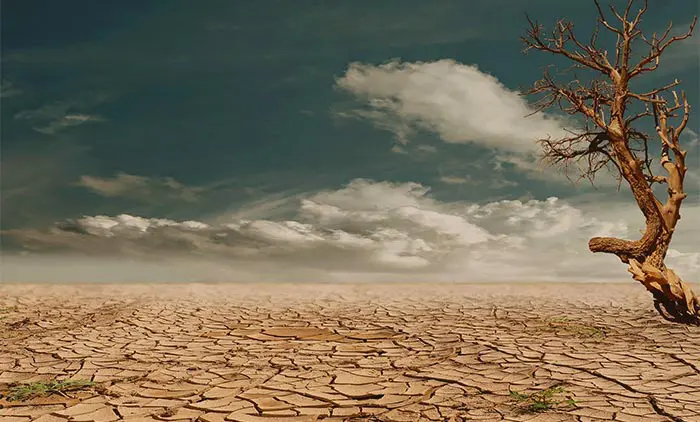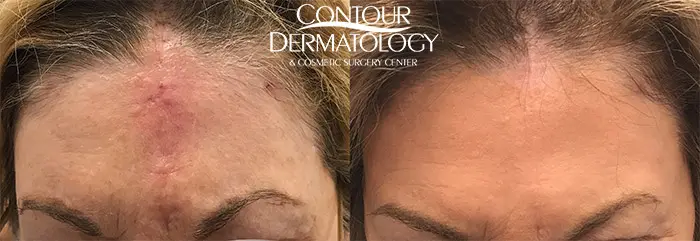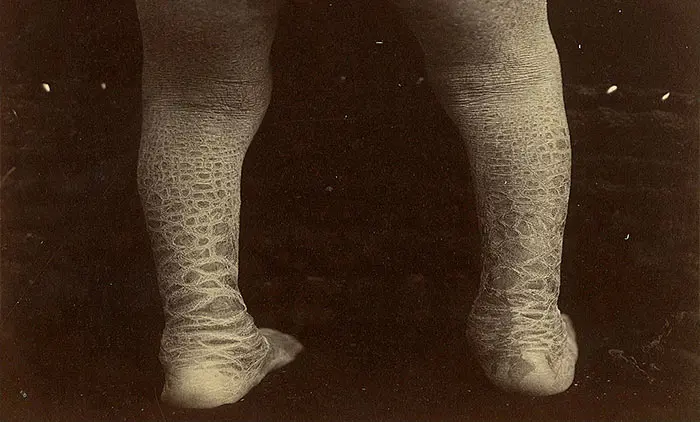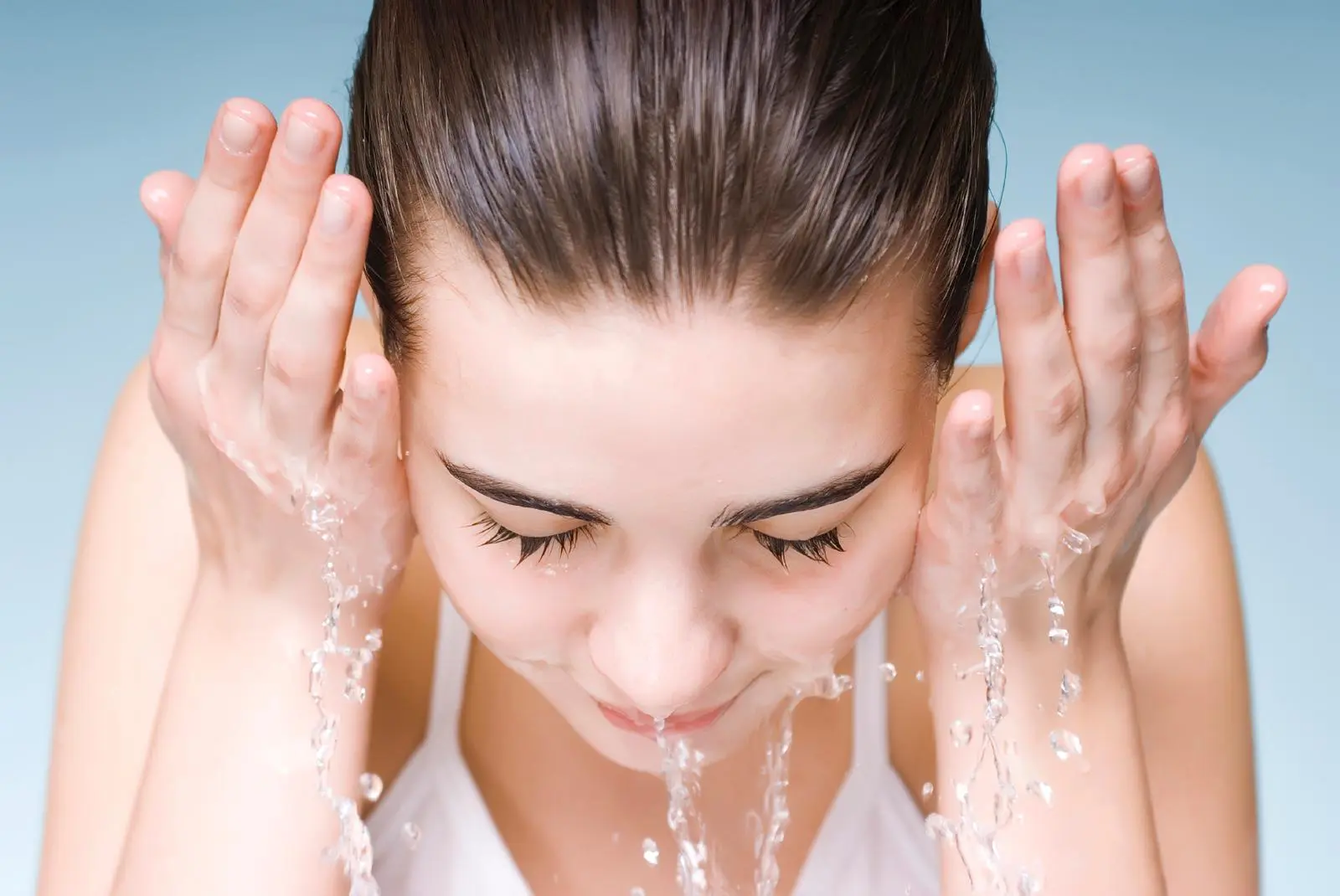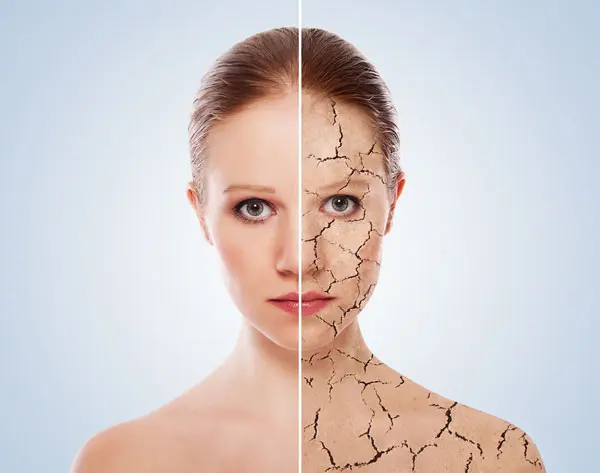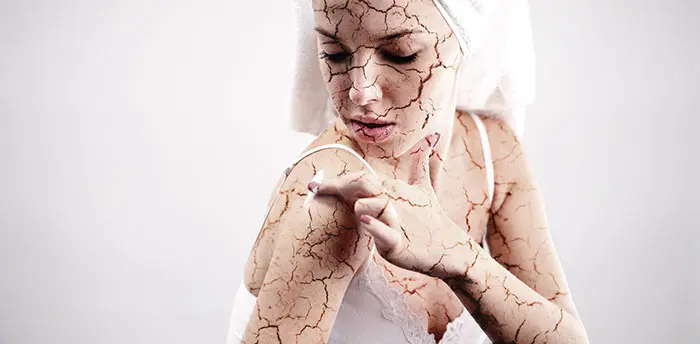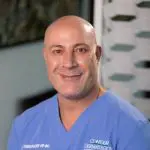Itching Cracking, Pouting
Common Winter Skin Problems
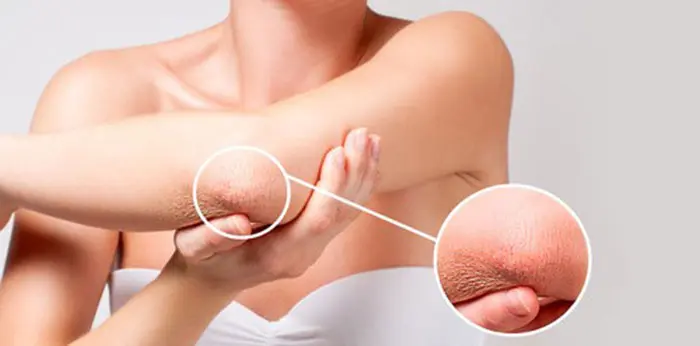
Itching Cracking, Pouting

Common Winter Skin Problems
Many people love the cooler temperatures of winter in the desert – finding the opportunity to wear a sweater, jacket and maybe even gloves. Despite occasional rain, the typical drier winter climate and cooler temperatures do affect your skin often in a negative way and for people with known skin conditions such as eczema it can make symptoms worse. Following are some of the most common winter skin issues we see in our office and offer a few solutions you can try at home along with warnings for when to see your dermatologist.
Chapped Lips
For initial symptoms of chapped lips, try Aquaphor. It’s seriously heavy-duty stuff and will most likely provide the protective barrier your skin needs to find its way back to health. It’s also a more aqueous solution than 100% petroleum jelly. Aquaphor also has a specific lip ointment in addition to the regular healing therapy ointment. Either will work fine.
Occasional chapped lips are one thing, but chronic chapped lips are another. The medical term for chapped chronic chapped lips is chelitis. It can be caused by an external irritant – such as a reaction to a product and bring on what is called contact dermatitis. If you’ve recently tried a new lipstick or lip plumper or done some home project that might have put you in touch with chemicals, stop all exposure to anything you can identify that might be an offender. If the irritation continues, you can try an over-the-counter 2.5% hydrocortisone cream. See your dermatologist if you need something stronger. If you’re experiencing redness and that painful crack in one or both corners of your lips, this is known as angular chelitis. It is a fungal infection and you might want a prescription to help you clear that up. If you are still experiencing a chapped, flaking lips after a couple of weeks without relief, schedule an appointment with your dermatologist.
Cold Sores
These are annoying and actually can occur any time of the year, but they’re called cold sores because they often appear after you’ve had a cold when your immune system is lower. “Cold sore” is a nice name to call these bothersome outbreaks of blisters or sores – herpes labialis – which are really a form of the Herpes Simplex Virus. The bad news? You can’t cure them. The good news? You can reduce the frequency of them by upping your intake of L-Lysine – either supplements or topical L-Lysine cream. You can also manage your stress level. Stress and sun exposure as well as a lowered immune system are triggers. To help with the sun exposure, protect your lips, use a lip balm with SPF. If you chronically battle cold sores, your dermatologist may prescribe an antiviral medication such as Valtrex (oral) or Zovirax (oral and cream) which if taken at the first sign of tingling, itching or burning may help prevent the outbreak or reduce the severity.
Cracked Fingers, Heels and More
For chapped skin on your hands or cracks around the fingers or heels, you can also use Aquaphor. One tip to keep your hands moisturized is to keep a small tub of Aquaphor or a travel size tube of it (or your favorite hand cream) near your kitchen sink, in your purse, in your car and at your bedside. If you make it convenient to continually apply, you’ll have no excuse not to keep your hands moisturized and this will lessen the possibility of winter-related chaffing and cracking. To get things under control, you might also wear cotton gloves and socks to bed. Yes, some people hate doing this, but it really does lock the moisture in. Also wear protective gloves when doing dishes or certain types of housework.
Warning: a crack is an opening in your skin. It can provide an entrance for pathogens to enter your body. So, please do pay attention to them, work to reduce them and watch for any possible signs of infection. Specifically for heels or for rough elbows and knees, look for a cream that contains glycolic acid. Glycolic acid helps to slough off dry, crusty skin and soften heels, elbows and knees and get these rough-skinned areas back to maintenance level.
Overall Dry Skin
Dry skin can be uncomfortable and produce itching. Do you really need a shower or bath every day? Maybe not. Consider bathing or showering every other day. In between, just take a sponge bath. When you take a bath, add oil. Fractionated coconut oil is an excellent choice and it will cling to your skin and provide lasting hydration without feeling super oily. Also consider adding Epsom salt for softer skin and even better sleep! If you only take showers, then consider applying some form of oil or moisturizer immediately after you get out of the shower.
The proximity to adding your moisturizer right after you get out of the shower seals in your body’s natural moisture. Several brands such as Neutrogena make sprayable hydrating mists for convenience. Using a room humidifier can also bring relief for dry skin. If you have any specific tips you’ve found that have helped you deal with winter dry skin, share your comments below with other readers in the comment section.


